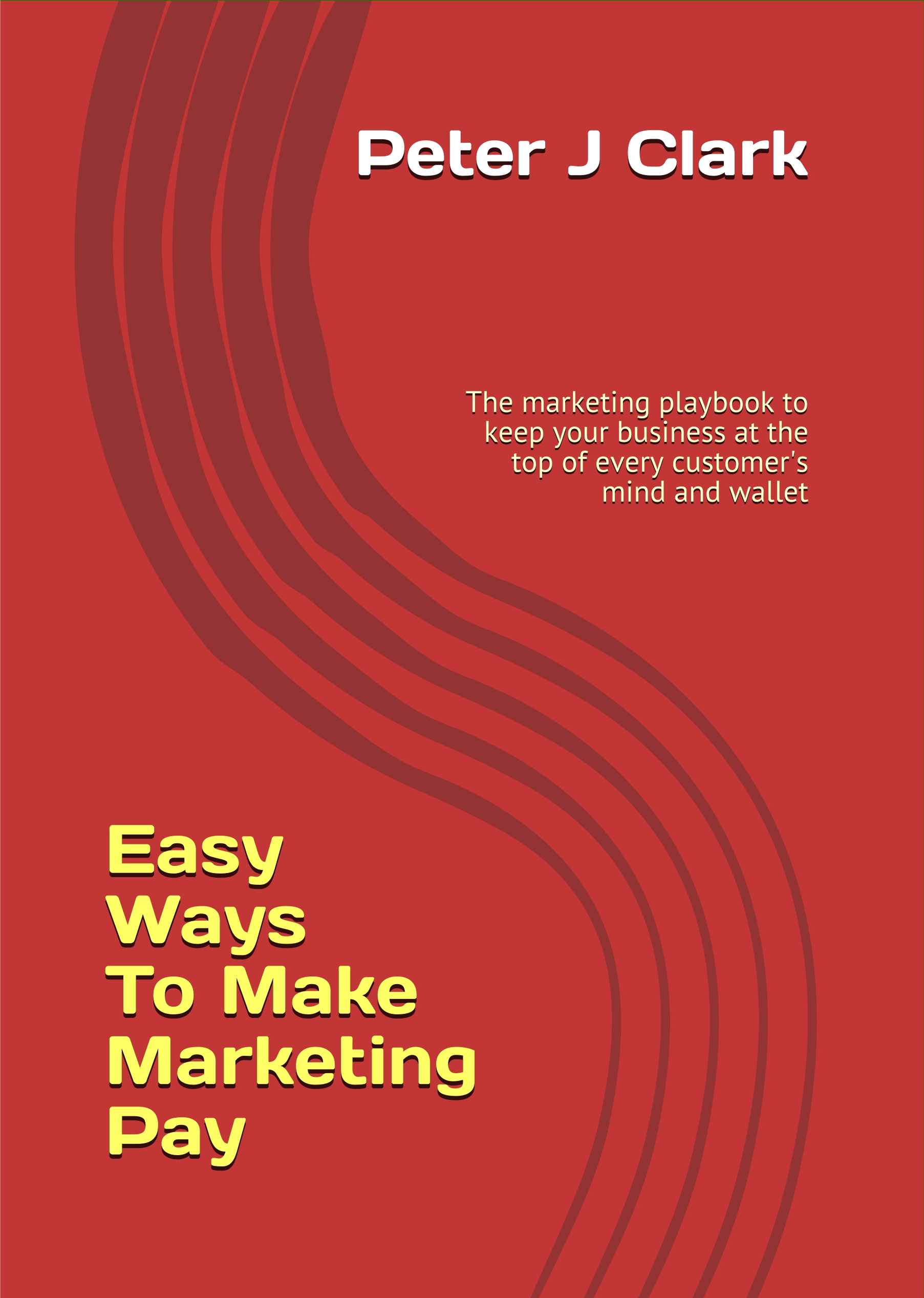Marketers suffer from wasted customer data
Time and again, marketers preach the need to 'know your customer' - but do they really? Consumers today expect their relationship with brands - particularly those they've supplied with personal details - to be informed and characterised by a sophisticated, personalised approach to each customer interaction, according to Peter Thompson, commercial director for Transactis.
The dialogue between brand and customer must involve relevant and timely communications and offers. This level of relationship demands more than just a broad understanding of a company's marketplace.
With the internet changing the manner in which consumers interact with brands and the physical high street giving way to virtual showrooms, it has become increasingly important for companies to demonstrate a deep understanding of individual customers' preferences in terms of channel, products, services and timings.
Companies need to tap into the huge array of data resources they have at their disposal and find a way to use this information to further their relationship with their customers. Information gleaned from transactions, loyalty schemes, deliveries, service calls, enquiries, web forms, newsletter registrations, promotional competition entries and traceable online activity provides rich detail on most customers that can be used to gain insight into the behaviour of these consumers and better tailor the messages and promotions sent to each.
Unfortunately, for many businesses, the evidence is that too few actually pull together and utilise the customer data that they have to hand - a phenomenon we have dubbed 'data wastage'. Research commissioned by Transactis in 2010 revealed that nearly two-thirds of UK consumers said companies communicating with them are wasting resources on marketing pitches for products they would never buy. The result of this poorly targeted messaging is to alienate customers and cost firms future business. In fact, research by Transactis revealed that if customers are continually sent irrelevant offers and communications by a company they have entrusted their personal details to, the vast majority will cease accepting communications and will likely take their business elsewhere.
Specifically, the research shows that a resounding 81% of respondents would seriously question the competence of an organisation who asks for their personal details when they have already been provided, with an alarming 88% of respondents indicating they would stop providing any further details if a company fails to reflect any sort of previous knowledge of them. And 86% say they are 'very likely' to withdraw permission for a firm to contact them again if they keep receiving irrelevant messages. Most alarmingly for marketers, however, is the 79% of consumers surveyed who declare they are 'very likely' to shift their business to a competitor if a firm they have dealt with and entrusted with personal information keeps sending them irrelevant offers and communications.
Clearly then, data wastage leads not just to squandered marketing opportunities but also it can have a significant impact on business costs, driving customers away and wasting the effort and money previously spent on building positive customer relationships. Furthermore, the cost of acquiring new customers to replace those who have defected could be significant. Thus, the use of all available data to maintain customer loyalty and develop consumer relationships becomes very much a key to maintaining a healthy bottom line - especially in the current difficult business climate, when every penny counts.
Furthermore, data wastage can damage reputation. A consumer who questions a brand's competence and their own loyalty to that brand is highly likely to voice their concerns amongst their immediate social circle - and, possibly, even influence those they've never met via social media networks too.
Reassuringly, however, steps can be taken to avert data wastage and its consequences. The real problem for many firms is that while they have a wealth of customer data being collected throughout their organisation, it is being captured on different databases by various divisions, departments and offices that are not connected. Organisations therefore need to address this issue by developing the infrastructure to pool information in a centralised database, creating a Single Customer View (SCV), which pulls together all the data held on each customer and makes its available to any business unit that needs it.
The SCV database then provides a platform for a 360-degree view of each customer, encompassing purchasing history, predilections, previous behaviour and communication channel preferences. This enables effective analysis and insight, providing the basis for profiling, modelling, segmenting and enhancing data in order to better target and tailor communications. This unified approach ensures firms send the right messages and offers at appropriate times to the most suitable consumers, improving not only efforts to strengthen customer loyalty but also campaigns aimed at upselling and cross-selling. Data from the SCV can also be used to inform product development, customer service, and new business activity - helping firms develop profiles of its best and most loyal customers so it can then identify and target lookalikes.
In conclusion, data wastage can be avoided by ensuring all information held by an enterprise is brought together in an SCV database which can then be utilised across the entire business to inform all activities. As a result, contradictory, inconsistent, and repetitive customer communications are avoided while capabilities in other areas critical to business success are improved.
Sources: Transactis / The Marketing Factbook.
Copyright © 2012 - 2025 The Marketing Factbook.
Categorised as:
- Customer Experience
- Customer Loyalty
- Knowing The Customer
- Marketing Know-How
- Marketing Technology
